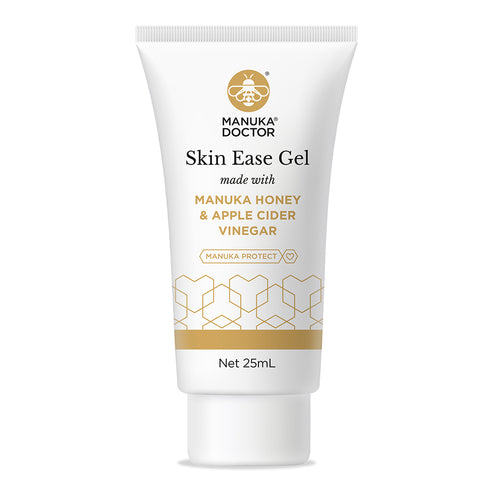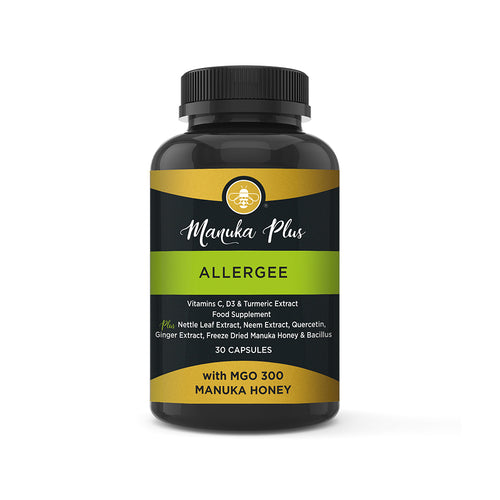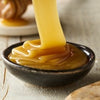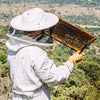Manuka & Local Honey for Hay Fever Relief: Does It Really Work?
Struggling with hay fever or allergies? Manuka honey’s powerful anti-inflammatory and antimicrobial properties may help soothe symptoms like sneezing, itchy eyes, and throat irritation. Explore the benefits of this natural remedy and expert-backed tips for managing allergies effectively.















